When cutting coupons and trying to find deals in the grocery store doesn’t do it for you anymore, it’s time to hit the farmers market. Not only are farmers markets one of the best places to get all the free samples you want, but they are also a place to save big on fresh produce.
Here are seven tips on how to be a smart and savvy shopper at the farmers market.
1. Know what’s in season
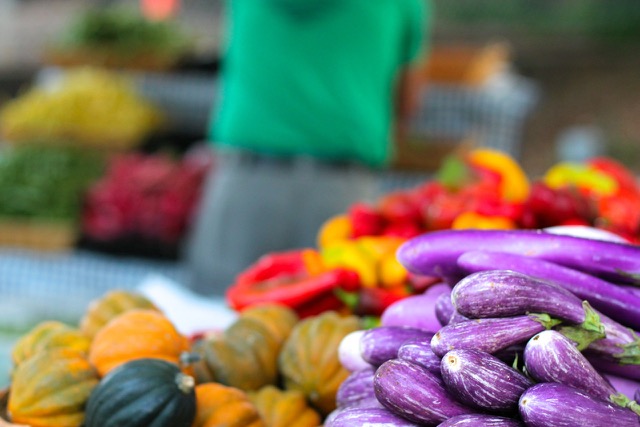
Photo by Carolyn Bresnahan
As college students, it’s hard enough already to keep up with school work, let alone knowing what food to get at the peak of its season. But not to worry, the USDA has a complete online guide to help you figure out what fruits and veggies to get and when to get them.
Produce grown in season is usually more affordable at the farmers market and tastes better. A lot of fruits and veggies tend to loose most of their nutrients when they’re shipped from far away and then stored on shelves for weeks. So buying produce during it’s peak season at the farmers market will save you cash and resources and bump up the flavor in your favorite dishes.
2. Arrive late
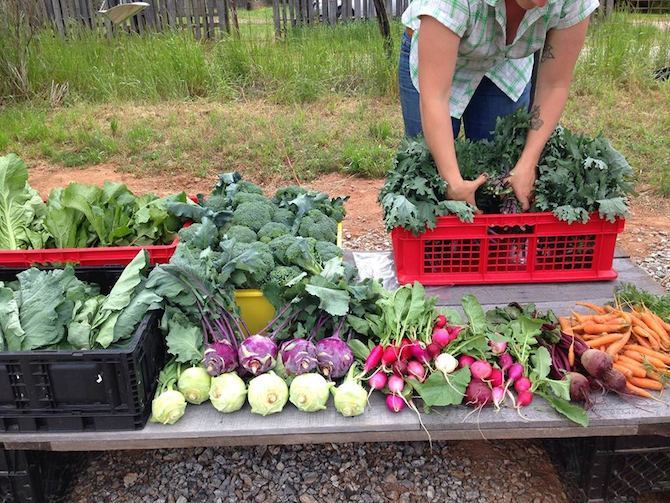
Photo courtesy of UGArden
If you’re on a tight budget (most of us probably are) then arriving late is when you can get the best deals. Farmers don’t want to take back half a case of ripe tomatoes or bundles of lettuce, so they’ll most likely discount them so they won’t have to bring them back to the farm.
3. Buy in bulk
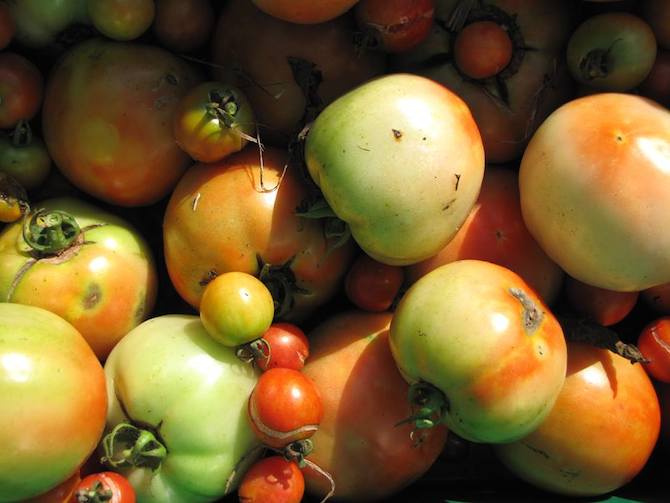
Photo courtesy of UGArden
To make sure you’re really getting your money’s worth, buying your produce in bulk is a no brainer. It’ll be the most cost effective shopping, because you can freeze any extras and you might even enjoy a further discount if you commit to buying a case a week. This way you get to build a relationship with your favorite farmers, and they’ll see you as a loyal customer.
4. Plan ahead
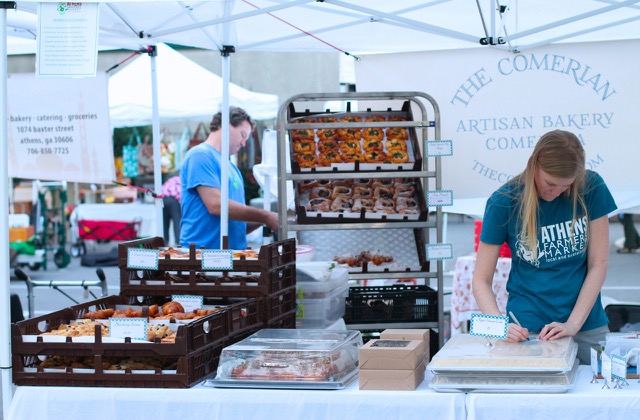
Photo by Carolyn Bresnahan
This is probably pretty obvious, but it can’t hurt to remind yourself that a list is pretty much your game plan when going grocery shopping. Sometimes we’ll see the pastries or freshly baked banana bread and go running for them—but try to list one or two sweet treats on your list and don’t go haywire.
Making a list of foods that you need (not want) can be a lifesaver. You can also use a printable grocery list to help you out if you’re not a big fan of your own handwriting.
5. Own those samples
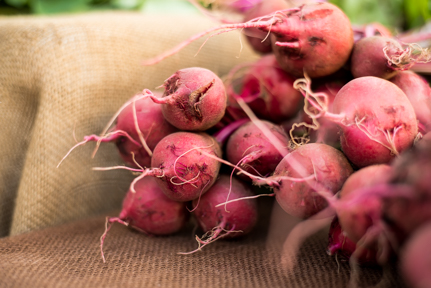
Photo by Gabi Rosenthal
Don’t hold back when it comes to free samples. They are there for a reason—for you to try them. Farmers want you taste what they’ve been working so hard on, and hey, it doesn’t hurt to experiment with your palate.
Also, don’t forget to thank the farmers. They spend countless hours growing the best possible food for their consumers and it’s nice to let them know they’re doing a good job.
6. Go with a friend to split costs

Photo courtesy of UGArden
If you don’t have the money to buy a $7 spinach dip (because who does?), then grab a friend and split the cost. It’s like having a second income for your grocery shopping. Not only that, but you’ll be able to get more bang for your buck, cha-ching.
7. Don’t get hung up on buying organic
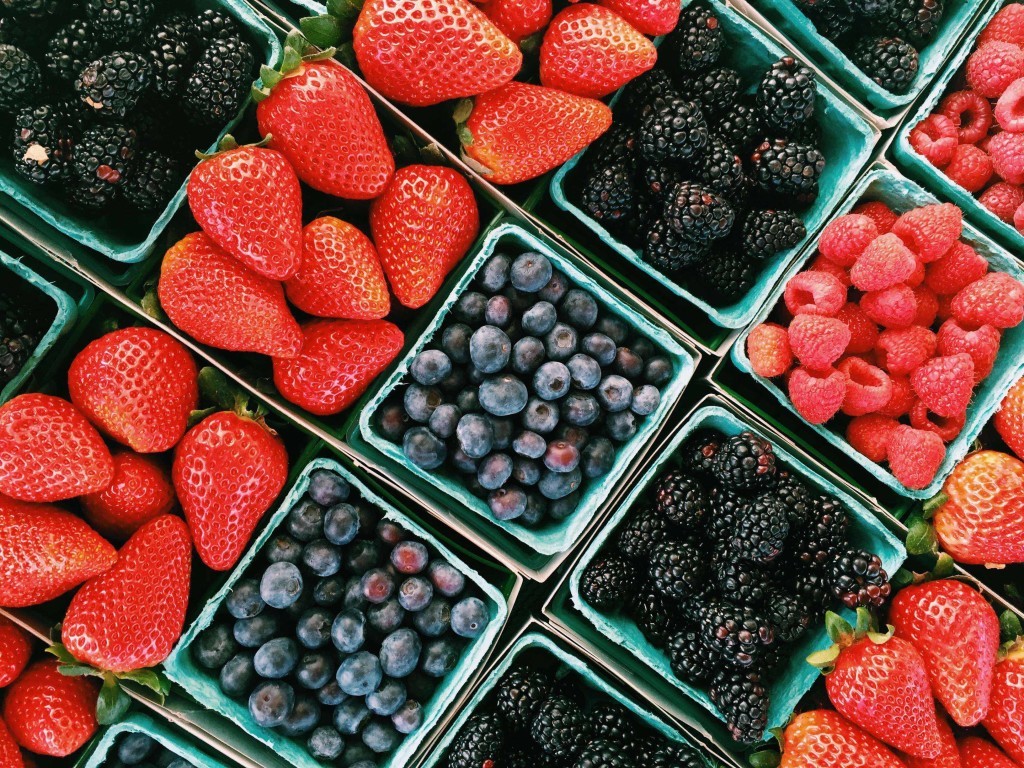
Photo by Heather Feibleman
It might be ideal to buy all organic at the farmers market, but hey, we’re college students on a budget. Besides, there are really easy ways to narrow down the foods that are better suited for buying organic and others that you don’t need to worry about.
This list of the clean fifteen and dirty dozen is the perfect cheat sheet to take with you to the farmers market, and it gives a few tips on how to understand the meaning of “organic.”
Farmers markets are places to discover new flavors and enjoy buying food that you know is worth spending your money on. You’ll be contributing to local businesses and saving your money at the same time. If you’re having a hard time finding a farmers market, the National Farmers Market Directory from the USDA provides information directly to consumers about markets in their area, product offerings, and directions.


